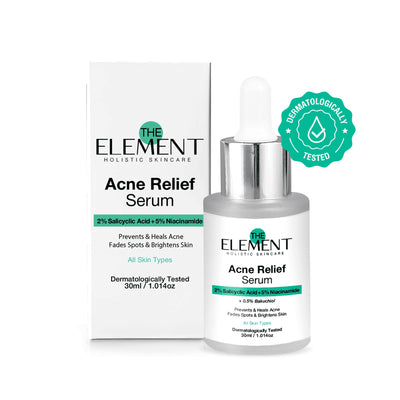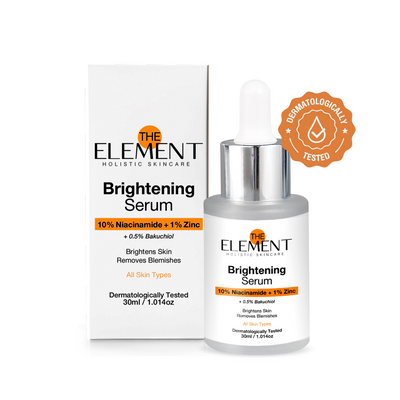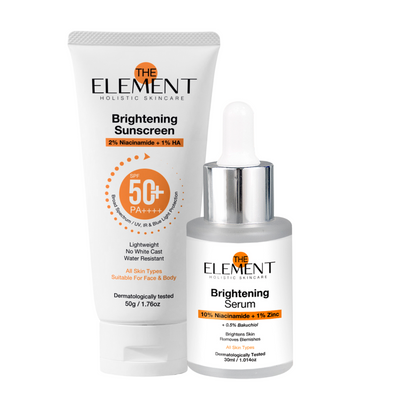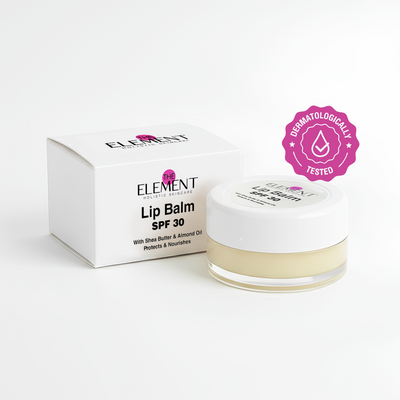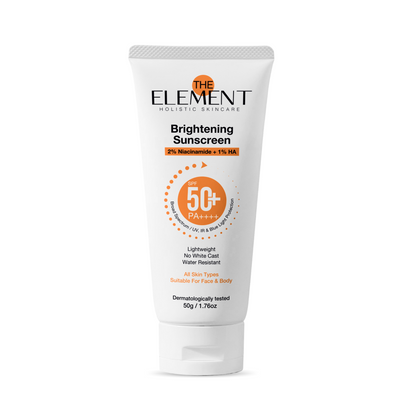Niacinamide in Skincare: Benefits, Uses for Face, and Expert Tips for Glowing Skin

Introduction: Unlocking the Power of Niacinamide in Skincare
Niacinamide, also known as vitamin B3, has rapidly become a must-have ingredient in modern skincare. From serums to moisturizers, this versatile compound is celebrated for its ability to address a wide range of skin concerns. Whether you’re searching for niacinamide uses, niacinamide benefits, or how to use niacinamide for your face, this comprehensive guide will provide actionable insights, expert opinions, and the latest research to help you make informed decisions for your skin health.
What is Niacinamide? Understanding the Basics
Niacinamide is a water-soluble form of vitamin B3, essential for maintaining healthy skin. Unlike some active ingredients, niacinamide is gentle, making it suitable for all skin types—including sensitive and acne-prone skin. It works by supporting the skin barrier, reducing inflammation, and regulating oil production.
How Does Niacinamide Work?
Niacinamide penetrates the skin’s surface, where it helps build keratin (a protein that keeps skin firm), enhances the skin barrier, and improves moisture retention. Its anti-inflammatory and antioxidant properties make it a standout ingredient in both preventative and corrective skincare.
Niacinamide Benefits: Why Your Skin Needs It
1. Reduces Inflammation and Redness
Niacinamide is renowned for its calming effects, making it ideal for those with rosacea, acne, or sensitive skin. According to Dr. Shari Marchbein, a board-certified dermatologist, “Niacinamide is one of the most effective anti-inflammatory ingredients available, helping to soothe redness and irritation without causing dryness.”
2. Minimizes Pores and Regulates Oil
Regular use of niacinamide can visibly reduce the appearance of enlarged pores and control excess sebum production. This makes it a favorite for individuals with oily or combination skin.
3. Improves Skin Texture and Tone
Niacinamide helps fade hyperpigmentation, dark spots, and uneven skin tone. Clinical studies have shown that a 5% concentration of niacinamide can significantly lighten dark spots within 12 weeks.
4. Strengthens the Skin Barrier
By boosting ceramide production, niacinamide enhances the skin’s natural barrier, protecting against environmental stressors and moisture loss.
5. Fights Signs of Aging
Niacinamide’s antioxidant properties help neutralize free radicals, reducing the appearance of fine lines and wrinkles over time.
6. Enhances Hydration
When combined with other hydrating ingredients like hyaluronic acid, niacinamide helps lock in moisture, leaving skin plump and supple.
Niacinamide Uses for Face: How to Incorporate It Into Your Routine
Choosing the Right Product
Niacinamide is available in serums, creams, toners, and even cleansers. For best results, look for products with a concentration between 2% and 10%.
Step-by-Step Application
- Cleanse: Start with a gentle cleanser to remove impurities.
- Apply Niacinamide Serum: Use a few drops on clean, dry skin.
- Moisturize: Follow with a moisturizer to seal in hydration.
- Sunscreen: Always finish with SPF in the morning to protect your skin.
Can You Mix Niacinamide With Other Ingredients?
Niacinamide pairs well with most skincare ingredients, including hyaluronic acid, retinol, and peptides. However, some experts recommend caution when combining niacinamide with vitamin C, as their pH levels can reduce efficacy. Recent research, however, suggests that layering these ingredients is generally safe for most skin types.
Challenges and Considerations: Is Niacinamide Right for Everyone?
While niacinamide is well-tolerated, some individuals may experience mild irritation, especially when using high concentrations or combining with other potent actives. Always perform a patch test before introducing a new product.
Potential Side Effects
- Mild redness or tingling
- Temporary breakouts (purging)
- Allergic reactions (rare)
If you experience persistent irritation, consult a dermatologist.
The Future of Niacinamide in Skincare
Niacinamide’s popularity continues to grow as new research uncovers even more benefits. Innovations include encapsulated niacinamide for deeper penetration and combination formulas targeting multiple skin concerns. As Dr. Hadley King, a New York-based dermatologist, notes, “Niacinamide is a gold-standard ingredient that’s here to stay, thanks to its versatility and proven results.”
Niacinamide and Other Skincare Products: The Perfect Pairings
Niacinamide’s compatibility with a wide range of ingredients makes it a staple in multi-step routines. It enhances the effects of Bakuchiol, soothes the skin after exfoliation, and boosts hydration when used with hyaluronic acid. For those seeking a holistic approach, look for products that combine niacinamide with antioxidants, Zinc PCA etc.
Conclusion: Should You Add Niacinamide to Your Skincare Routine?
Niacinamide is a powerhouse ingredient that offers a multitude of benefits for all skin types. From reducing inflammation and minimizing pores to brightening skin and fighting signs of aging, its versatility is unmatched. Backed by dermatologists and scientific research, niacinamide is a safe, effective, and accessible addition to any skincare regimen.
Ready to experience the transformative power of niacinamide? Start by incorporating a serum or moisturizer into your daily routine and watch your skin thrive.
FAQ: Niacinamide Uses, Benefits, and More
What is niacinamide used for in skincare?
Niacinamide is used to reduce inflammation, minimize pores, improve skin texture, fade dark spots, and strengthen the skin barrier. It’s a versatile ingredient suitable for most skin types.
Can niacinamide be used every day?
Yes, niacinamide is gentle enough for daily use and can be incorporated into both morning and evening skincare routines for best results.
Is niacinamide safe for sensitive skin?
Niacinamide is generally safe for sensitive skin. However, it’s always recommended to perform a patch test before full application to ensure there’s no irritation.
Can I use niacinamide with vitamin C?
Recent studies show that niacinamide and vitamin C can be used together. Some people may prefer to use them at different times of day, but layering is generally considered safe for most skin types.
How long does it take to see results from niacinamide?
Most users notice improvements in skin texture and tone within 4 to 12 weeks of consistent use, depending on individual skin concerns and product concentration.

